Psyche is a common term used in the field of psychology and popular culture. But what exactly is the psyche? It helps to take a look at the actual word psyche. The prefix psych forms the root of many words, such as: psychology, psychiatry, psychedelic, psychosomatic, and physical. Psyche comes from Greek origin and is frequently translated as “soul”, and “consciousness”. Psyche also shares a linguistic link with the Greek pneuma, which translates as “breath”. In this context, psyche loosely translates as “the breath, which sustains life”. There is a word in a different ancient language that expresses a similar phenomenon: the Sanskrit word prana. In yogic systems, the breath is considered the life force that sustains both the human body and also consciousness, and can be harnessed using breathing techniques called pranayama. It becomes clear then, in looking at the history and origin of the word psyche, that this particular facet of human experience points to something ineffable, something within that connects us to something larger without. It gets at some essence inside of us that looks for and needs meaning and a kind of sustenance not bound in the material.
Another association of the Greek psyche is “butterfly”. Now this is fascinating as butterflies are a common symbol in many cultures for transformation as they so concretely embody this phenomenon through the change they experience from earth bound caterpillar to the airborne butterfly. Thus, we begin to understand how the psyche plays a part in the ability to grow, evolve, and transform the elements of who we are and also how we are.
One of the best descriptions of psyche that helped me more fully appreciate its function and its verifiable (if intangible) presence in our individual and collective experience, was given by a Jungian analyst, Dr. Warren Siblia. Dr. Siblia stated very directly that the psyche is the organ of the symbol. Just as the central nervous system can been seen as the organ of nerve communication, and the endocrine system as the organ of hormonal communication, the psyche is the organ which functions and communicates through the symbol. We do not need to look far to know how powerful a role symbol plays in our lives. Symbol is at the foundation of any entity or structure, whether commercial, religious, political, or relational. Our rituals (including a mundane, everyday morning coffee ritual, a religious ritual, a wedding, a sporting event) revolve around the acknowledged or unacknowledged symbolic components that comprise the structure of an intentional action or a patterned system of behavior. Symbol is ultimately the path or bridge that brings us to a new perspective, understanding, or attitude, which we did not earlier possess. It is the vehicle of transformation that enables us to evolve and grow.
How can we find and engage with psyche you may ask? Well, it’s peaking through in that dream you can’t quite understand. It’s speaking to you in that song, hook, or chorus, which you can’t get out of your mind. It’s revealing itself in the fantasy you return to when you’re sleepy or taking a break from work. It’s there in that piece of art, which tugs at your heart for some inexplicable reason. It’s even there in those reactive moments where perhaps you responded in a way you later regretted. Psyche is there in all the varied dimensions of life, beckoning us to open our eyes, ears, and hearts a bit wider so that we might glimpse something more than what we can perceive through our senses and our cognition.


